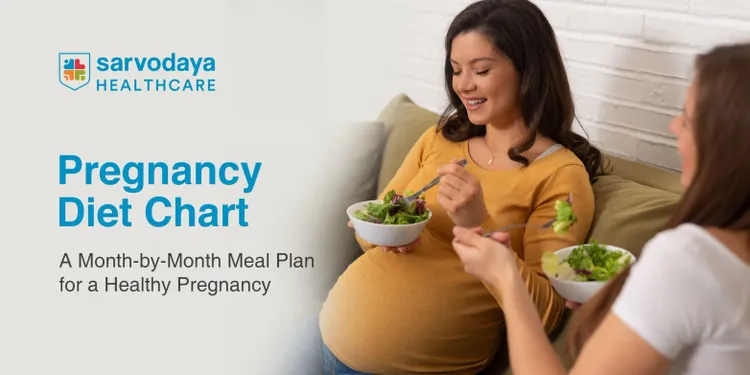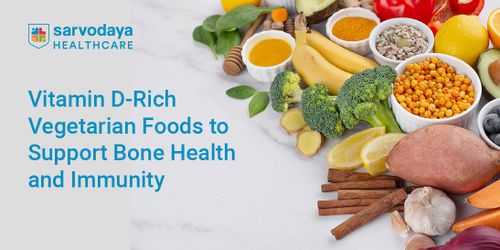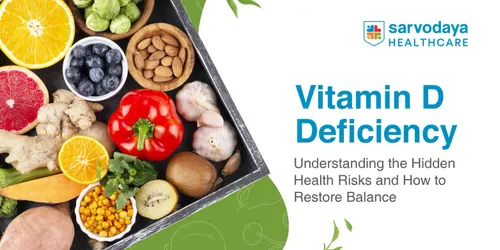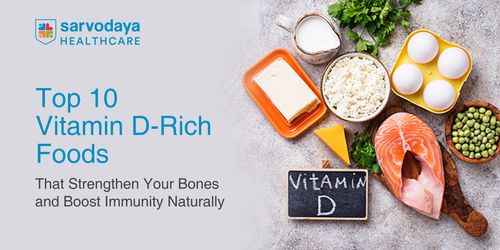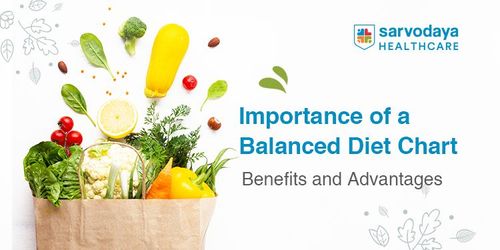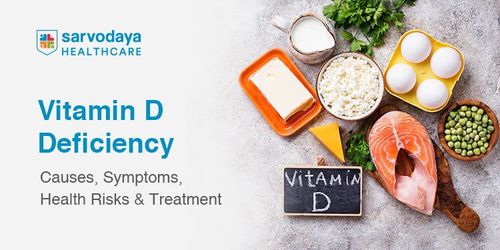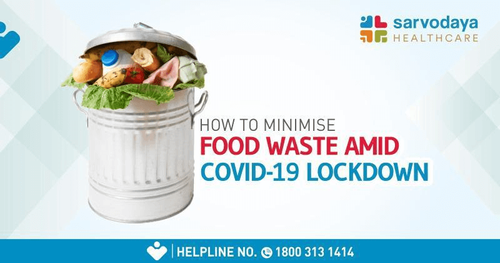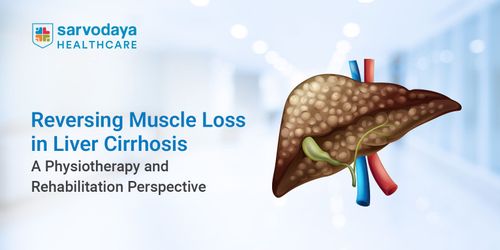The mother’s diet during her pregnancy directly impacts the health and development of the baby, making it even more important for the mother to make good nutrition her priority. A well-balanced diet provides the mother and the baby with the required nutrients, promotes immune strength, and reduces the usual pregnancy discomforts like fatigue, constipation, and nausea.
In this blog, we will explore a comprehensive pregnancy diet chart that outlines what to eat, when to eat, and how to manage each month of pregnancy with tailored nutrition.
Understanding Nutritional Needs During Pregnancy
Pregnant women have special nutritional requirements that vary as pregnancy progresses. A healthy pregnant woman’s diet chart consists of the essential vitamins, minerals, and macronutrients that promote the baby’s growth and the mother’s well-being. The goal is not to “eat for two” but to eat smartly with high-quality, nutrient-dense foods.

Here are the key nutrients that you need to add to your pregnancy food chart:
- Folic Acid: Reduces the risk of neural tube defects. Found in leafy greens, beans, and fortified grains.
- Iron: Helps in increasing the blood volume and prevents anaemia. Lean meat, spinach, and lentils are good sources of iron.
- Calcium: It is essential for the baby’s developing bones and teeth. It is present in dairy, almonds, and tofu.
- Protein: Crucial for growth and repair. Include eggs, pulses, poultry and nuts in the diet.
- Omega-3 Fatty Acids: Important for brain and eye development. It is found in flaxseeds and certain types of fish.
Read More- 10 Key Factors for Selecting the Best Maternity Hospital for Your Delivery
Month-by-Month Pregnancy Diet Chart
A month-by-month guide covering food recommendations and nutrition focus areas, including the first-month pregnancy food chart and for upcoming months, is given below:
First MonthThe focus of the first month’s diet is implantation and early neural development. Nausea may begin, so light and frequent meals are helpful.
- Eat foods rich in folic acid, such as spinach, oranges, lentils, and fortified cereals.
- Stay hydrated with coconut water, soups and herbal teas.
- Papaya, pineapple, and raw sprouts should be avoided because they may interfere with early pregnancy.
Morning sickness may peak in this period, so it is important to prevent nutrient loss.
- Take vitamin B6-rich foods like bananas, carrots and whole grains to reduce nausea.
- Incorporate lean proteins like eggs, tofu, and chicken into meals.
- Eat small meals every 3 hours to maintain energy and avoid acidity.
This is the growth stage, and iron, calcium, and healthy fats are essential.
- Add iron-rich foods like beetroot, dates, and cooked leafy vegetables.
- Make sure to intake adequate calcium through dairy products, sesame seeds, and fortified soy milk.
- Introduce healthy fats like avocado and ghee in moderation, and nuts.
This is the time to focus on preparing for the birth of the baby and managing discomforts like indigestion or constipation.
- Increase fibre intake with whole grains, fresh fruits, and vegetables.
- Include omega-3-rich foods such as flaxseeds and walnuts for brain development.
- Limit salt intake and eat early dinners to avoid bloating and ensure restful sleep.
Sample Daily Diet Plan for Pregnant Women
Here is a balanced meal plan for pregnant women that can be used as a starting point to customise meals across different months and cravings:
Morning (on waking):
A glass of warm water with soaked almonds and 1-2 dates
Breakfast:
Vegetable poha or oats porridge with a boiled egg or fruit smoothie
Mid-Morning Snack:
A fruit salad bowl or coconut water with a handful of nuts
Lunch:
Brown rice or roti, dal, green vegetables, curd, and salad
Evening Snack:
Whole wheat toast with peanut butter or besan chilla
Dinner:
Khichdi with ghee and vegetables or chapati with paneer curry and boiled broccoli
Before Bed:
A glass of warm milk and a pinch of turmeric, or a banana
Dietary Dos and Don’ts During Pregnancy
A healthy pregnancy is supported not only by what you eat but also by what you consciously avoid. Understanding these dos and don’ts enables you to get the most out of your pregnancy food chart and avoid complications in later trimesters.
Here are some dietary dos to keep in mind:
- Avoid acidity and maintain blood sugar levels by eating small, frequent meals.
- Prioritise seasonal fruits and vegetables that are fresh and chemical-free.
- Include whole grains like brown rice, millets, and oats for sustained energy.
- Stay hydrated by drinking water to improve digestion.
- Follow a structured diet plan for pregnant women as advised by your doctor or dietician.
Keep yourself safe and reduce the health risks. Avoid these foods:
- Unpasteurised milk and dairy products may contain harmful bacteria.
- Raw or undercooked meat, eggs, or seafood can increase the risk of infection.
- Excessive caffeine intake may interfere with foetal development.
- Sugary drinks, packaged snacks, and high-sodium foods lead to bloating and poor weight gain.
- Herbal teas and supplements are not approved by your healthcare provider.
Conclusion
Pregnancy is a journey that demands informed choices, especially when it comes to nutrition. By following a well-balanced and trimester-specific pregnancy diet plan, the mother and the child can ensure optimal health. A thoughtful and consistent diet not only supports foetal development but also reduces common complaints of pregnant women, such as nausea, fatigue, and digestive issues.
At this critical stage of life, expert medical guidance can make a significant difference. Sarvodaya Hospital, Faridabad, is recognised as one of the best hospitals in Delhi NCR and offers comprehensive prenatal care, including consultation with qualified nutritionists and obstetricians. Their personalised approach ensures that every mother receives a diet plan for pregnant women suited to her individual health needs and pregnancy stage.
Book an appointment at Sarvodaya, one of the leading hospitals in Delhi NCR, to avail yourself of expert advice, routine monitoring, and preventive consultation to make pregnancy healthier and stress-free.


